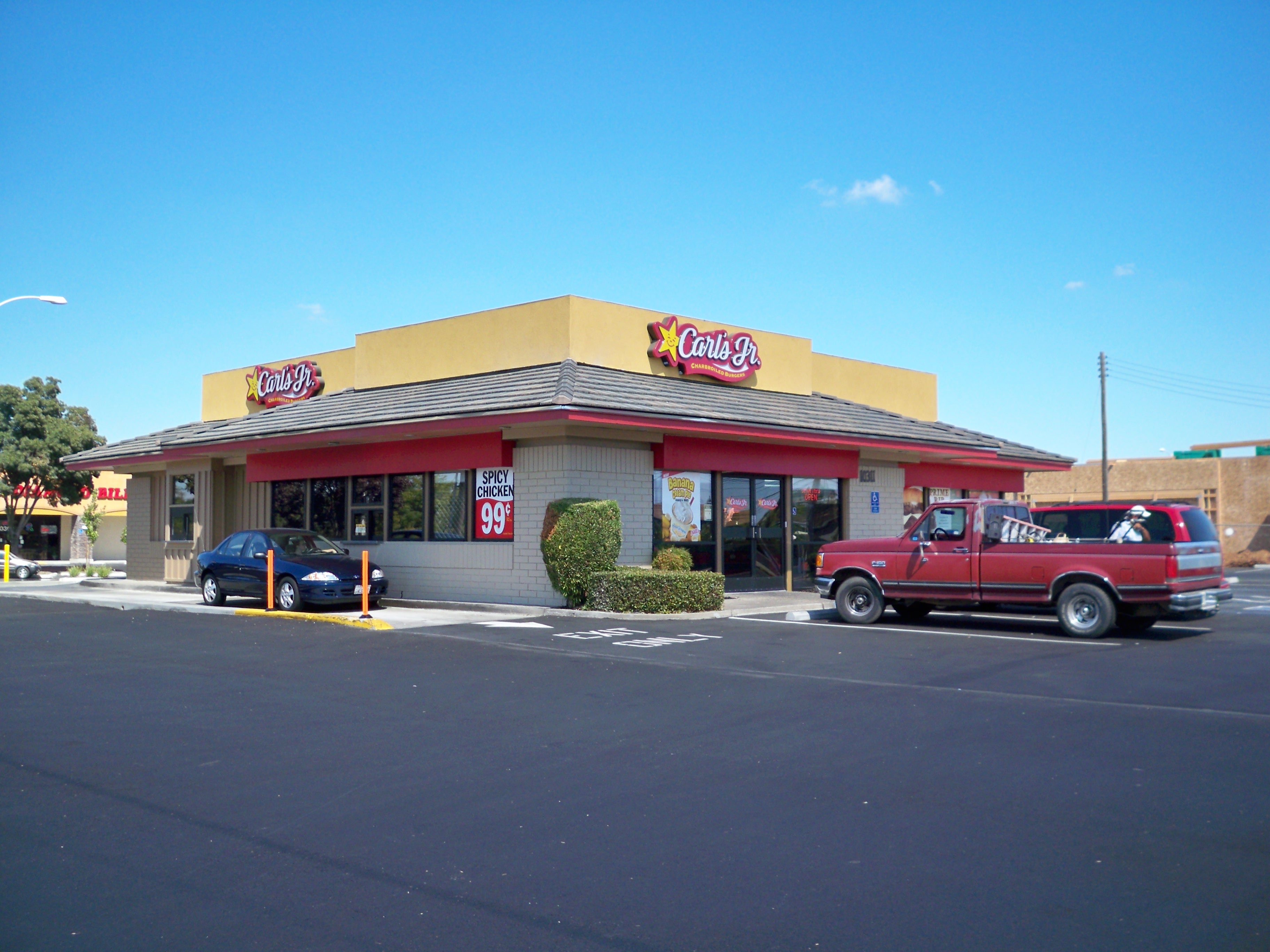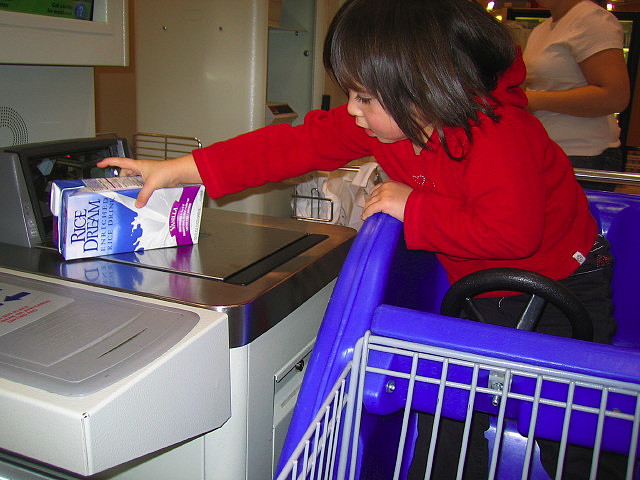The Unintended Side-Effect of Self-Checkout Lanes

By:
Andy Puzder, Carl’s Jr. CEO and Donald Trump’s pick for secretary of labor, believes the future of fast food is automation. In fact, some of Puzder’s hamburger restaurants already have kiosks where hungry customers have the option of ordering with computer rather than from a person.
But Puzder revealed in a March interview with Business Insider that he has his sights set on fully automated restaurants, with little to no employees. His reasoning? Robots are cheaper laborers than people, especially considering increasing demands to raise the minimum wage, though Puzder doesn’t think that the young people who support wage increases will mind the shift toward automation. After all, he argued, “millennials like not seeing people.”
 Wikimedia - wikimedia.org
Wikimedia - wikimedia.org
Is Puzner right about millennials? My generation famously prefers emails and texts to phone calls, orders delivery online rather than going out to eat, and works from home instead of making small talk around the water cooler (though the supposed millennial preference for freelance work might have more to do with the fact that contract workers are cheaper for businesses, rather than because millennials prefer stagnant wages without benefits). Puzder says he’s seen people waiting in line at Carl’s Jr. kiosks while a cashier waited with nothing to do.
Will millennial preferences for the streamlined, automated, and robotic cost them their jobs? In many cases, automation is the corporate response to demands for living wages, and millennials, with their student loan debts and skyrocketing living costs, need higher pay, not fewer opportunities to work. How soon will we find ourselves waiting in line to interact with a cold but cheap and efficient robot who took our job?
Automation is already taking over the world. Self-checkout machines can be found at most major superstores, pharmacies, and grocery stores. Services like Uber and Postmates offer a streamlined, minimally interactive alternative to calling a cab service. Robots zoom around Amazon warehouses to retrieve our bulk toilet paper orders faster than their human counterparts, and machines continue to replace factory jobs.
An Oxford University study projected that 47 percent of current U.S. jobs might be automated within the next 20 years. Such rapid technological change is not inherently bad, but it's impossible to deny that it will have a profound effect on what jobs are available to American workers. In an optimistic Wall Street Journal article entitled "Automation Can Actually Create More Jobs," Christopher Mims wrote that the history of technological developments suggest that "increased productivity brought about by automation and invention ultimately leads to more wealth, cheaper goods, increased consumer spending power and ultimately, more jobs." The major difference that sets this era apart, he argues, is the unprecedented speed at which automation technology is developing.
Mims briefly acknowledges that in times of technological transition, "some individuals are uprooted and suffer." With the rapid pace of automation, how do we ensure that millions of individuals employed in automatable jobs don't lose their livelihood? Dramatic economic alternatives like a universal basic income, heavy monitoring of corporate automation efforts, or a reenforced safety net could help ensure that everyone enjoys the benefits of automation, not just CEOs. However, Trump could be president for next four to eight years, and regulating big business and preserving the safety net don't appear to be in his wheelhouse. With the president-elect surrounding himself with people like Puzder — who has argued that computers are preferable than human employees because "They're always polite, they always upsell, they never take a vacation, they never show up late, there's never a slip-and-fall, or an age, sex, or race discrimination case" — the likelihood is slim this trend will be checked by or complemented with programs from the federal government.
While it’s true that millennial preference for the automated and streamlined has helped these technologies succeed, the cost-saving potential is exceptionally attractive to CEOs. As Puzder put it himself, "If you're making labor more expensive, and automation less expensive — this is not rocket science."
 Wikimedia - wikimedia.org
Wikimedia - wikimedia.org
What are young people worried about future job stability to do? Concerned millennials and others can organize, like fast-food workers and Uber drivers, and demand politicians who protect social safety nets and fight for wage increases. This will require overcoming that generation's stereotyped social awkwardness and addition to technology and pursuing a more class-conscious consumerism. Otherwise? We’ll all look up from our phones one day only to discover we no longer have the jobs we need to pay for our data.
